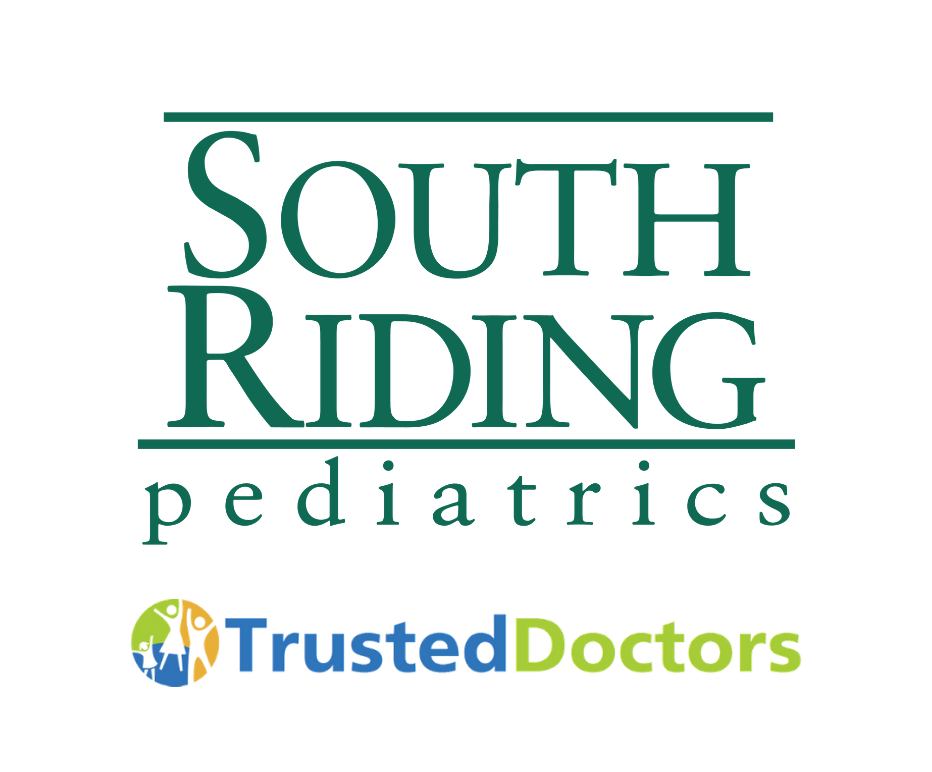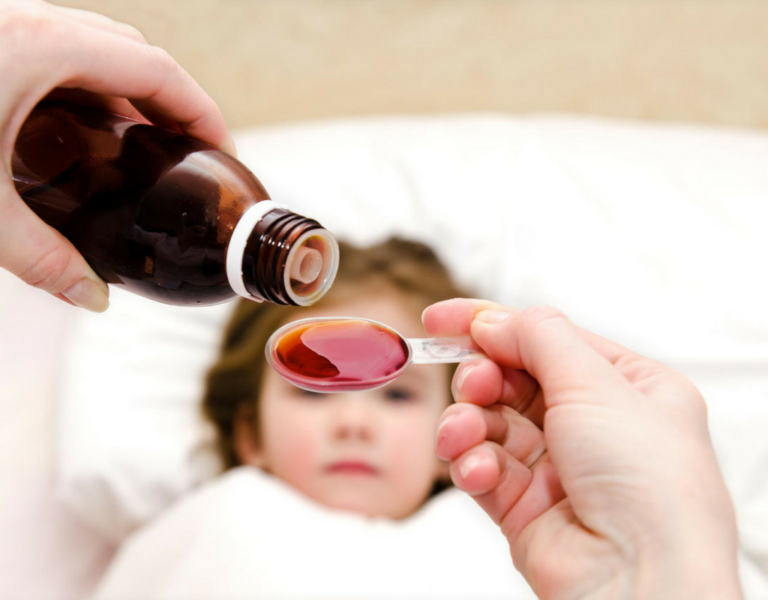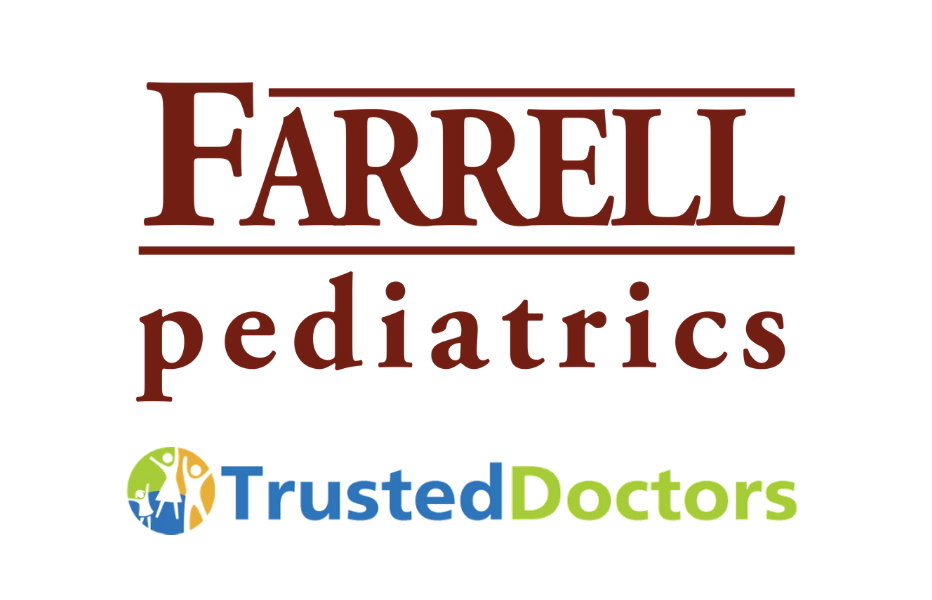A baby is often used to personify the new year in pop culture and cartoons. Thus it seemed fitting to focus our first blog post of 2022 on newborns. If you’re expecting your own Baby New Year, or rather, a baby IN THE new year, read on for a checklist to make the transition easier.
Whether you’re a seasoned or first-time parent, having a new baby is both an exciting and overwhelming experience. Like many things in life, it’s best to be as prepared as one can be for this new stage!
-
- Meet with your baby’s pediatrician. The American Academy of Pediatrics (AAP) recommends all parents-to-be visit a pediatrician during the third trimester of pregnancy as an important first step in establishing a trusted relationship and supportive medical home for their child.
-
- Set up your home. Buy plenty of diapers, wipes and onesies and a safe space for your baby to sleep. Stock your freezer with healthy prepared meals, as there won’t be much time to cook when your baby arrives.
-
- Purchase and properly install your baby’s car seat. The AAP recommends that all infants ride rear facing starting with their first ride home from the hospital.
-
- If you have older children, prepare them for the new baby. Children of different ages will react differently to welcoming a new sibling. Understanding what to expect for each age group will help with the transition.
It also helps to know what to expect and how to properly care for your newborn once your baby is home.
-
- Sleeping: During their first month, newborns sleep a total of about 8 hours in the day and another 8 hours at night or more, waking every few hours to eat. Most babies don’t start sleeping through the night (6 to 8 hours) until at least 3 months of age, with some not sleeping through the night until closer to 1 year. Newborn sleep patterns can vary. In most cases, your baby will wake to eat every 2-3 hours. Make sure you talk with your healthcare provider to figure out if/when you need to wake your baby for feedings (especially in the first 2 weeks of life), or if there have been sudden changes to your baby’s sleep.
-
- Feeding: The AAP recommends breast milk for the first six months of your baby’s life. If breast-feeding isn’t possible, use infant formula. Healthy newborns don’t need cereal, water, juice or other fluids. In the early months, it is best to feed your baby on cue. Look for hunger signals, such as moving the hands to the mouth, sucking on fists and fingers, and lip smacking. Fussing and crying are later cues. The sooner you begin each feeding, the less likely you’ll need to soothe a frantic baby. Most newborns need eight to 12 feedings a day — or every 2-3 hours from the start of one feeding to the next.
-
- Diapering: You can tell if your newborn is getting enough nutrients by the number of soiled diapers they are producing. During the first days of life, the baby will likely produce one wet diaper per day of age, then one wet diaper after every feed- at least five per day. After the first few weeks, healthy infants typically urinate anywhere between 6 and 12 times per day. Infrequent diaper wetting may be a sign of dehydration, so contact your pediatrician if you have concerns.
-
- Umbilical Cord Care: In the past, doctors had recommended applying rubbing alcohol to the umbilical cord, but that is no longer advised. Your newborn’s cord stump should fall off around 2 weeks of age. Fold down the diaper and avoid submerging your baby in water until then.
-
- Bathing: Until the cord stump falls off, clean your baby with a washcloth every 2 to 3 days . Once baths are allowed, safety is crucial. Ensure the bath water isn’t too hot and never leave the baby alone, not even for a minute. Newborns do not need to bathe daily, and doing so will likely dry out their sensitive skin. A few times a week should be ample enough.
-
- Milestones: While you may be eager to engage with your little one, in the first month, your newborn won’t do much other than eat, sleep and wet their diaper. They will then begin to interact with you by smiling and following you with their eyes. You can expect your baby to start smiling and cooing around the two-month mark. Talk, read and sing to your baby to enhance their growth and development.
-
- Pediatrician Visits: You’ll see a lot of your baby’s doctor in the first few months of his or her life. During visits, you can expect your pediatrician to weigh the baby, ask about feeding and diaper changes and evaluate how your family is adapting. Once home from the hospital, you should see the your pediatrician according to the following schedule:
-
-
- 1 to 3 days after discharge
- Two weeks after birth
- Once every two months up to 6 months
- Once every three months up to 18 months
- Whenever you have concerns about your baby’s health
-
-
- Self-Care: It’s important that parents of newborns practice self-care. While this is often a sleepless and stressful time, know your limits and ask for help when it is needed. Also be on the lookout for signs of postpartum depression and other perinatal mood disorders.
It’s normal for expectant parents to feel worried or anxious about welcoming a new baby. But arming yourself with helpful information and resources makes the transition far less stressful. Watch this video from our own Dr. Alice Mar (Dr. Alice Mar of our sister practice, Farrell Pediatrics) on becoming a new parent.





